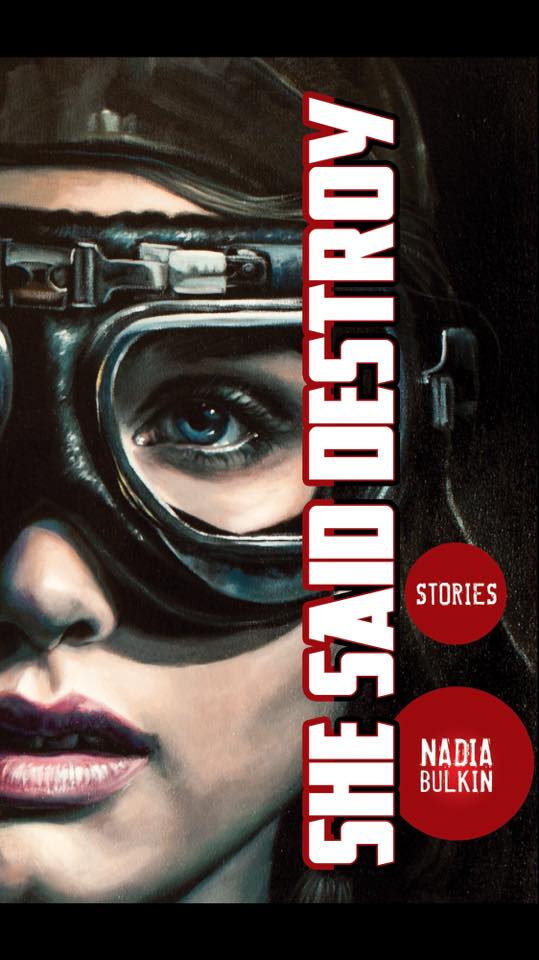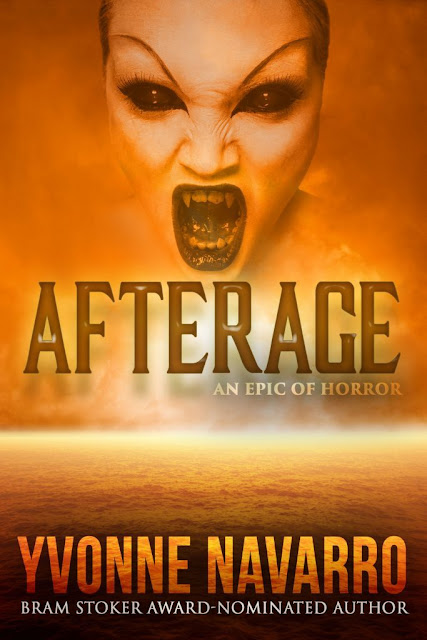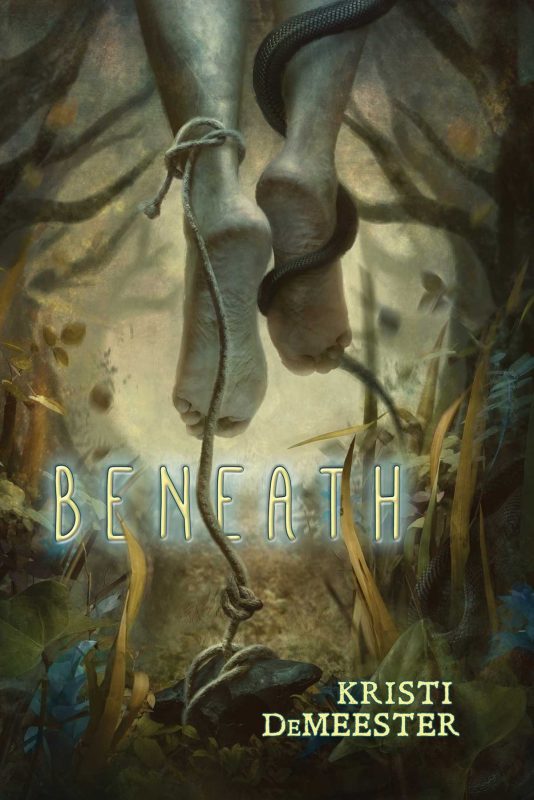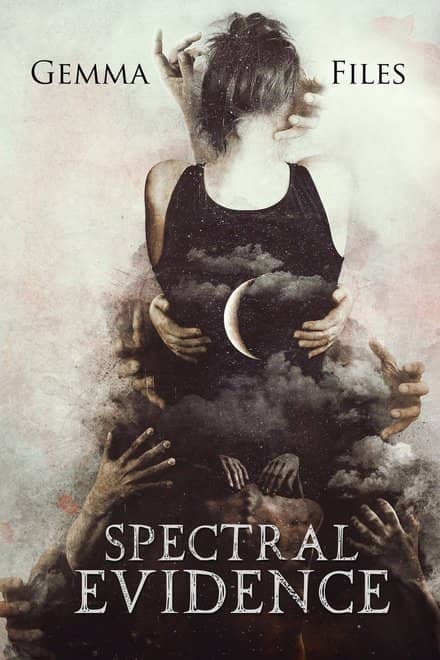About Nadia Bulkin:
SK: How are you involved in the world of horror?
NB: I write horror stories, mostly (my first collection of said stories, SHE SAID DESTROY, was published by Word Horde in August 2017). I also consider myself just a fan of the genre - since I was a little kid, I've watched an ungodly amount of horror movies, mostly because I enjoy the safe experimentation with danger, and also as a form of therapy. I review them on my Twitter.
NB: From a strictly visual, horror media viewpoint, I'm really scared of Japanese yurei-style ghosts, especially once you introduce the broken, insectoid movement of ghosts like Kayako in "Ju-on." I think it pings some primitive nerve ending in me that says, "that is not natural, that is unpredictable, that is unsafe." I literally have to hide behind the couch if someone puts on "Ju-on" or "Kairo" ("Pulse"), that's how much it gets to me.
In my waking life, particularly as a woman, I'm mostly scared of physical harm being done to me by others. But I also get the heebie-jeebies when uncanny things happen that I can't explain, something that pings that same nerve of "this is not normal, this is not safe." Something that, even if it looks innocuous and just gets filed under "eerie coincidences," still hints that there are larger forces beyond our comprehension capable of messing with our reality.
SK: Are there unique challenges to being a woman in horror or do you feel like gender is irrelevant?
NB: The two biggest challenges for me are: how to grapple with the fact that a lot of horror rests on the destruction and demonization of women and female bodies, and the very interrelated fact that horror is considered to be the domain of male auteurs. On the one hand, horror has a lot of potential as a subversive genre (and that's why I love it); on the other, a lot of horror is actually very retrograde. Even extremely violent, shocking horror usually just enacts the same violence that's been inflicted on women and children in the name of war for millennia. It gets to be suffocating, at times, being the punching bag of every story. Personally, acknowledging that status quo and surviving within it has been a huge focus for me and for my stories. Besides, surely horror shouldn't feel so "been there, done that"? The only solution, really, is to invite more people who aren't straight men into the genre and to let them tell the stories they want to tell, instead of expecting them to play the same game as everyone else in order to be accepted.
SK: Who are your favorite female horror icons?
NB: Katie from "Paranormal Activity." Helen from "Candyman." Eleanor from THE HAUNTING OF HILL HOUSE (book, not miniseries).
SK: What are you working on/promoting currently? Why should folks check it out?
NB: What I can promote right now is the anthology Ashes and Entropy, which features a ton of talented horror writers (Laird Barron, Damien Angelica Walters, John Langan, Kristi DeMeester, Jon Padgett, et al.). I have a sports-themed horror story in it ("Flesh Without Blood"). On a related note, I'm currently working on a sports-themed memoir that's outside genre confines, but is still extremely dark.
About SHE SAID DESTROY:
A dictator craves love--and horrifying sacrifice--from his subjects; a mother raised in a decaying warren fights to reclaim her stolen daughter; a ghost haunts a luxury hotel in a bloodstained land; a new babysitter uncovers a family curse; a final girl confronts a broken-winged monster...
Word Horde presents the debut collection from critically-acclaimed Weird Fiction author Nadia Bulkin. Dreamlike, poignant, and unabashedly socio-political, SHE SAID DESTROY includes three stories nominated for the Shirley Jackson Award, four included in Year's Best anthologies, and one original tale.


























